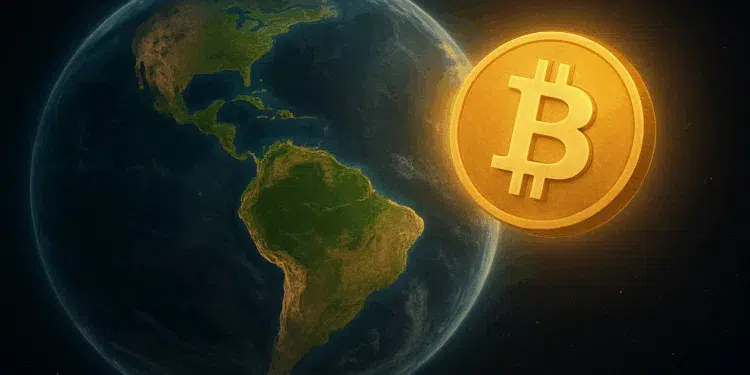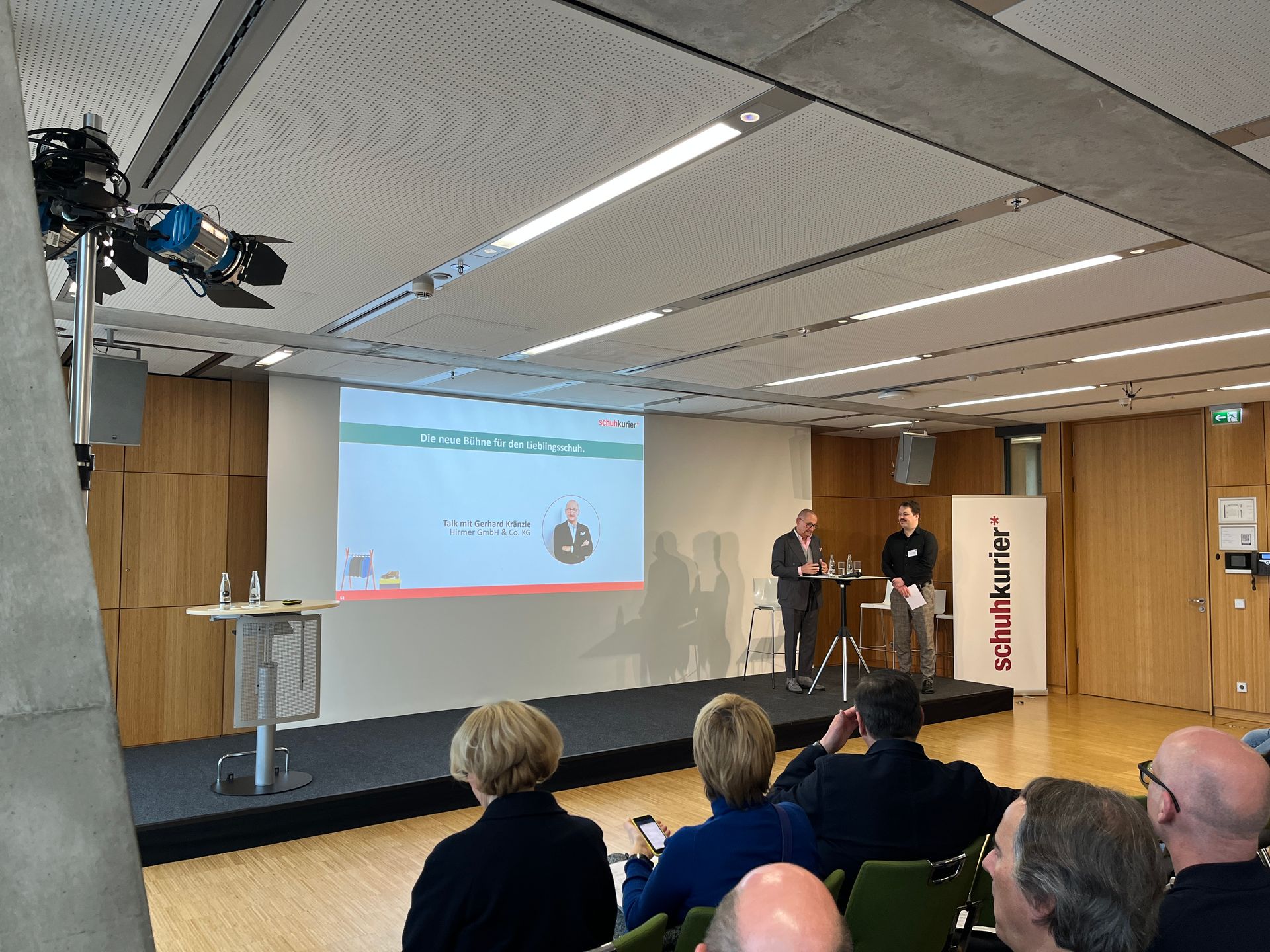Cryptoassets are used in the region as a refuge, a means of payment and a store of value.
“Latin America—and Argentina in particular—has a window of opportunity,” says Andragnes.
The founder of the NGO Bitcoin Argentina, Rodolfo Andragnes, considers that bitcoin (BTC) is no longer a niche phenomenon, but rather a piece of the global financial system, as well as Latin America.
In a recent analysis sent to CriptoNoticias, the creator of the LABITCONF event explained that bitcoin has reached an unprecedented level of maturity. This is driven by institutional investment and regulated financial products.
“Almost two decades ago, many saw Bitcoin as something experimental, a marginal asset for technophiles and pioneers. Today, however, the picture is very different,” Andragnes wrote.
In his vision, the influx of institutional capital, the emergence of exchange-traded funds (ETFs) and adoption by companies and states are clear signs that “Bitcoin has begun to take a real place on the global economic board.”
On the one hand, in his opinion, this reflects a demand that existed years ago — but did not find a reliable channel to materialize: custody issues, regulatory framework, accounting. On the other hand, it confirms something essential: bitcoin is not a conventional asset.
“It is the only one with verifiable scarcity, without a central issuer — which clearly differentiates it from the dollar, the euro or any other traditional monetary instrument,” he emphasizes. According to him, the market is beginning to recognize this structural value “beyond the hype.”


Andragnes exemplified the asset’s strength by mentioning that, despite a liquidation of around $20 billion in cryptocurrency markets, five times higher than what was observed during the FTX crash, the price of bitcoin only fell 10%. For him, this demonstrates “resilience, maturity and the capacity of an asset that no longer reacts as one more, but as an emerging reserve asset.”
“And this is where Latin America – and Argentina in particular – has a window of opportunity,” the specialist distinguished from his perspective. He pointed out in this regard that, in the region, The adoption of cryptocurrencies has been “growing at significant rates” for years now.
The reason? Citizens are beginning to use these instruments not only as speculation, but as a refuge, a means of payment and a reserve of value, Andragnes noted.
In Argentina, he also highlighted that the recent regulations for tokenization of real-world assets, reported by CriptoNoticias, has been debated for some time. In his opinion, the regulations, which continue to evolve, can accelerate an ecosystem of innovation, services and local adoption.
In this sense, he maintained, in keeping with the message of LABITCONF this year: “we are not facing a passing fad, nor an experiment from which to withdraw when enthusiasm cools.” “We are facing a technology that is incorporated into the financial and social system, and that is here to stay,” he added.
Bitcoin looks “unstoppable”
If companies, funds, exchanges and now even public organizations they begin to integrate bitcoin into their roadmapit is because its logic is no longer on the margins, it is in the center, he described.
«For those of us who work from and for this region, the question is not if adoption will happen, but how and with what speed. And that implies several challenges: education, clear regulation, robust infrastructure, and a community that understands that bitcoin is not only for traders but for anyone who wants to preserve their time, freedom and value.
Rodolfo Andragnes, founder of the NGO Bitcoin Argentina.
For the enthusiast, today, more than ever, bitcoin proves that it is “unstoppable”: «When an asset stops depending solely on the speculative spirit and begins to depend on institutional logic, the global economy and real demand, we are seeing a paradigm shift. And Latin America can be, decisively, at the forefront of this movement.






Leave a Reply